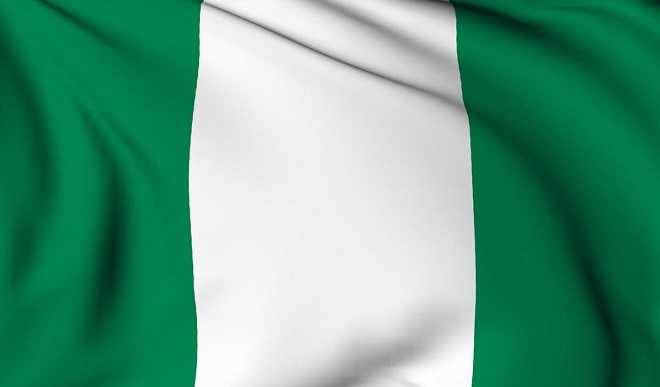The ICC and Nigeria’s anti-terrorism fight
Nigeria has been down the rough road in the past 10 years. It has seen the worst of conflicts, especially in the Northeast. Insecurity has been a significant dare to the Nigerian government in recent times. The actions and activities of Boko Haram have led to enormous loss of lives and property. This is worrisome. […]

Nigeria has been down the rough road in the past 10 years. It has seen the worst of conflicts, especially in the Northeast. Insecurity has been a significant dare to the Nigerian government in recent times. The actions and activities of Boko Haram have led to enormous loss of lives and property. This is worrisome.
The activities of Boko Haram and other armed groups have greatly affected the economy and the people and this is of great concern to the government and the international community. I will say holistically that the efforts of the Nigerian government so far have been quite commendable. However, more is still required, even from the international community and other such agencies like the International Criminal Court.
According to the National Human Rights Commission (NHRC), with about one million people displaced from their homes, Nigeria has the third highest number of Internally Displaced Persons (IDPs) in the world, behind Syria and Iraq. In my opinion, the time to act is now. The relevant international agencies should come to the rescue of Nigeria. Top amongst these organizations is the International Criminal Court (ICC). And you might want to ask what the ICC is. The ICC is an independent judicial institution with the mandate to investigate and prosecute the most serious crimes under international law – genocide, crimes against humanity and war crimes – when national jurisdictions are unable or unwilling to do so. As a permanent court of last resort, the ICC plays a crucial role to end impunity for the perpetrators of these atrocious crimes, ensure justice to victims and contribute to the prevention of such crimes.
The ICC was created by a multilateral treaty, the Rome Statute, in 1998. Today, the Rome Statute has 124 states parties including eight member states of the Pacific Islands Forum. Nigeria deposited its instrument of ratification of the Rome Statute on September 27, 2001. The ICC may, therefore, exercise its jurisdiction over Rome Statute crimes committed on the territory of Nigeria or by its nationals from July 1, 2002 onwards.
The threats posed by armed groups in Nigeria are undermining the existence of Nigeria as one political territory. It needs to be sufficiently stated that Boko Haram and other militant groups in Nigeria have maimed and destroyed. They have committed mass murder; they have infringed on people’s right to a peaceful life and destroyed their human rights in every possible manner. The United Nations along with other international rights groups have demonstrated that the respect for human rights and protection of civilians is the most important thing for any country. The United Nations also now wonders why organizations like ICC have kept mum.
It is instructive to state that the ICC needs to consider the petitions of agencies and organizations against the act of Boko Haram, IPOB and IMN along with ascertaining the number of civilians affected by military intervention. As stated earlier, they have been known to mete out indiscriminate torture and have carried out horrifying executions. Boko Haram is enlisting young men and women into its violent doctrines at very high speed. Behavioral scientists have found out that instead of delivering justice, revenge often creates only a cycle of retaliation, in part because one person’s moral balance rarely aligns with that of another.
As simple as it sounds, if Nigeria is unsettled, sub-Saharan Africa will remain unstable. If acts of terrorism are not abated, we might be dealing with a more significant problem in the future, humanitarian crisis that the world might not be able to handle. Acts of genocide should be treated as one. And perpetrators brought to book. Its high time the ICC began to take a different approach to sanction criminal elements who take humanity for granted.
Johnson is a human rights lawyer.
